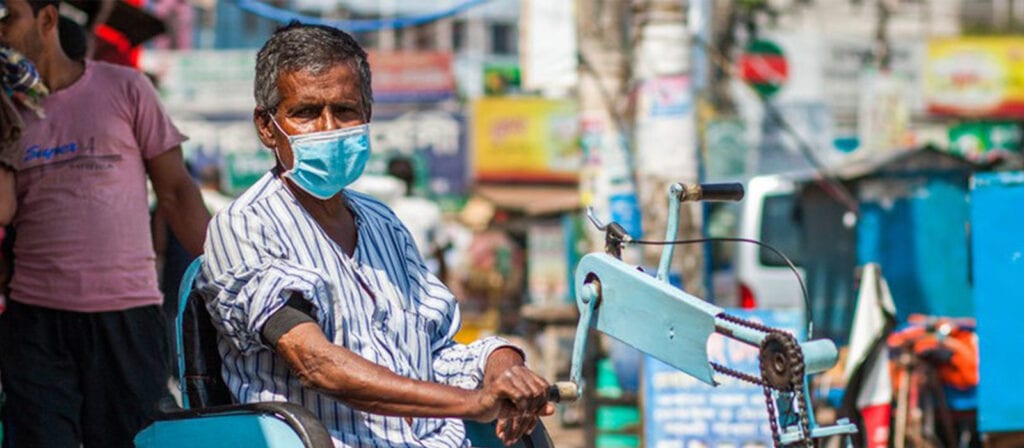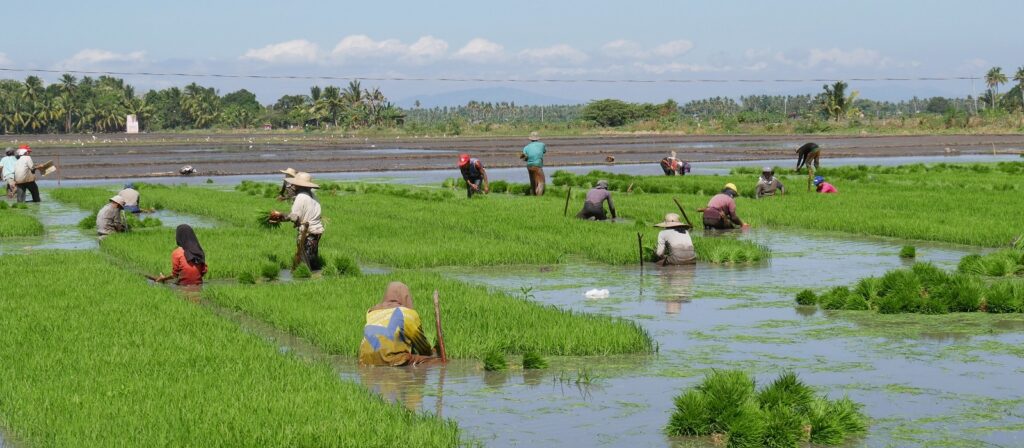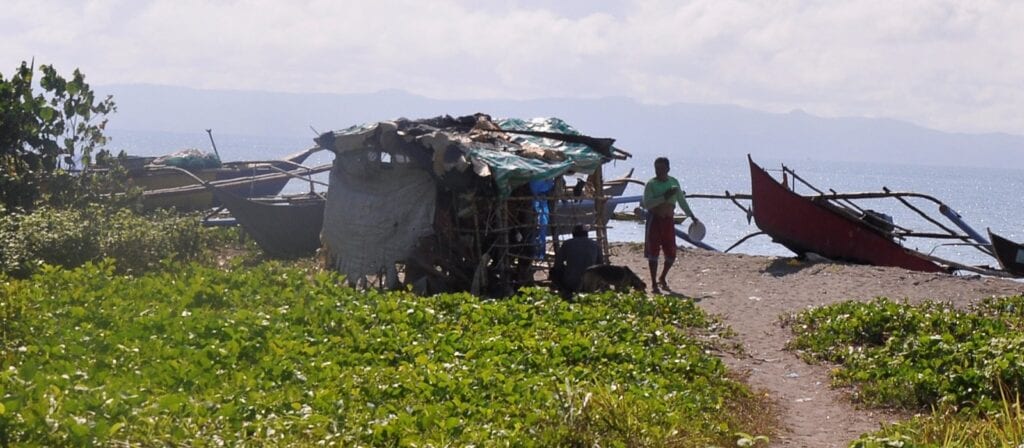By Jan Kellett, Special Advisor: External Engagement (Finance Sector Hub), United Nations Development Programme (UNDP) and Shaun Tarbuck, Chief Executive, ICMIF.
The coronavirus COVID-19 pandemic is the defining global health crisis of our time and is likely the greatest challenge we have faced since World War Two. Since its emergence in Asia late last year, the virus has spread to almost every country of the world. And even though many countries have managed, after suffering great loss of life and illness, to have tackled the worst of the outbreak, through significant curtailments of travel, work and social interaction, some regions, especially developing ones see worrying rises of both cases and fatalities. The pandemic is a wave, crashing over each and every country of the world, threatening repeat inundation, and proving remarkably stubborn to eradicate.
But of course, the outbreak is much more than a health crisis. It stresses each and every country and community, and through those lockdowns (under threat of collapse of health systems) it has caused massive impact in social, economic, employment and political terms. This impact will be long-lasting.
So, what about the insurance industry and in particular the mutual and cooperative sector. How can and should it operate both within the moment of pandemic and prepare for future such outbreaks? And what does this mean for development.
We considered these questions and came up with five key ways in which mutuality is a business model that is arguably like no other when it comes to insurance, tackling risk and delivering development:
- Vulnerability and informality: The roots of mutuality are borne from informal risk pooling, where likeminded groups of people shared risk in the absence of mainstream insurance solutions. Working together to tackle vulnerability and empowering the poor, have been historically and continue to be today, central principles.
- Combined social and commercial value: Mutuals and cooperatives have dual-purpose business models, where meeting their members’ needs and delivering impact, means the creation of social value goes hand in hand with the creation of commercial value.
- Member-owned and member-served: Mutuals and cooperatives are member-owned, with members a key part of the decision-making and ownership process, meaning a much more community driven creation of products, tools and services.
- Shared profits: Profits are distributed back to members for community-based projects that deliver social impact (or used to reduce future premiums for policyholders).
- Long-Term approach: The business model of mutuals and cooperatives allows them to focus attention on the long-term needs of their members and their communities, with much less attention likely to the more short-term needs that are primarily driven by profit.
Has the mutual and cooperative sector adhered to these key elements of business model through the COVID crisis?
Collectively since late March the mutual and cooperative sector has given over USD 8 billion of financial assistance including motor insurance rebates, financial assistance, health advice, healthcare donations, investments in social impact bonds, community support packages and general donations to support frontline healthcare professionals. ICMIF has logged more than 100 examples of what mutual and cooperative insurance member organisations have done in response to the pandemic with inspirational stories from 30+ countries, of which at least 25 are from emerging markets.
Whilst the mutuals in emerging markets are not able to provide the same financial support as those in developed markets, their impact can be and often is as impactive in the communities they serve.
In many communities, access to accurate information is a key challenge so the partnership between UNDP and ICMIF to distribute information on the WhatsApp Coronavirus Information Hub, a joint initiative with UNDP, UNICEF and the WHO, to dispel COVID-rumours and, instead, supply correct up-to-date health information, helped millions.
Other initiatives include ICMIF member The DHAN Foundation (India) extending its tele-advice system to give access to health advice and provide updates to its 3 million members. Many ICMIF members, particularly in The Philippines, have given much needed payment holidays on premiums whilst still paying claims promptly. Specifically, under the tagline “more than just protection”, ICMIF member Climbs Life and General Insurance Cooperative (CLIMBS) launched a Community Action Response and Emergency Service (CLIMBS CARES), which is assisting communities affected by the pandemic through the distribution of safe drinking water and water for sanitation purposes. CLIMBS is also operating its own Covid-19 helpline, which is open to members as well as the general public.
In India, IFFCO (Indian Farmers and Fertilizers Cooperative) has donated USD 3.2 million to India’s Prime Minister’s Citizen Assistance and Relief in Emergency Situations Fund (PM CARES Fund). The fund is being used to help those working to combat and contain the virus and other relief efforts for the coronavirus (COVID-19) outbreak in India. In addition, IFFCO’s ‘corona troopers’ have distributed more than 1,500,000 vitamin-C tablets, 300,000 medicated soaps, 300,000 masks, 52,000 sanitizers, 10,000 gloves, 300,000 food parcels and 30,000 ration kits to people in need. They have also conducted 1,400 awareness training programmes so far, benefiting 650,000 people. As the CEO of IFFCO said,” We are a cooperative and coming to the aid of the community in a time of need is our duty and part of our organisational DNA.” This is a sentiment echoed by many leaders of the mutual and cooperative world in emerging and developed markets, their actions in the pandemic speak for themselves.
These are just a few examples of the remarkable COVID-related action from ICMIF members in emerging markets. Many more exist from the mutual and cooperative movement, and much more work can and should be done.
The question is now turning towards not only whether the mutual and cooperative sector can ‘react’ to COVID, but how it can take lessons from the pandemic and its impact on its customers, its owners, and be better prepared, build better products, provide better services in the future. Essentially, can the sector apply the five business model elements above into long- rather than just short-term action. And how can the sector best provide long-term solutions to the present and future reality of complex, interacting shocks and risks.
These questions and more were examined in a recent joint webinar organised by UNDP and ICMIF in which industry leaders gave their thoughts on the lessons they have learnt from the pandemic, and how they are applying them to present and future action. To watch the recording of the “Pandemics, protection and emerging markets: Mutuals and cooperatives as a vehicle for building long-term development” webinar please click here.
(Photo credit: UNDP Bangladesh/Fahad Kaizer)






